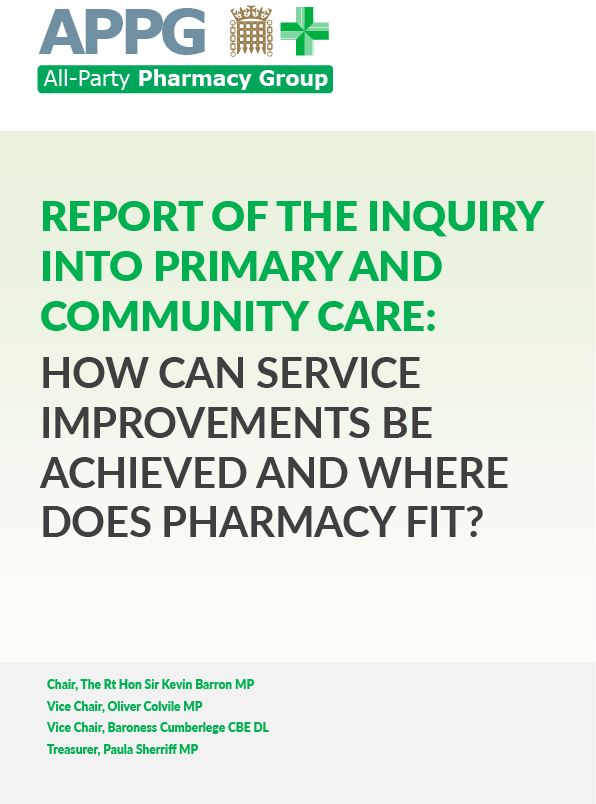The All-Party Parliamentary Group (APPG) on Pharmacy has published its landmark report into medicines shortages in England, further revealing the scale and severity of the issues facing patients, pharmacists and the wider NHS.
The inquiry finds that medicines shortages have shifted from isolated incidents to a chronic, structural challenge. The APPG has found that with 96% of pharmacists spending increased time managing shortages and 92% reporting decreased patient satisfaction, the impact on frontline care is stark. Nearly two-thirds of pharmacists are contacting prescribers multiple times a day to resolve supply issues, while 40% spend between 1–2 hours daily managing shortages.
Patients are bearing the brunt. From ADHD and diabetes to epilepsy and menopause, shortages are disrupting treatment, forcing rationing, and in some cases, leading to serious health consequences.
In his foreword, Steve Race MP, Chair of the APPG on Pharmacy, said:
“Medicines shortages have moved from isolated incidents to a chronic structural challenge for both the NHS and pharmacy sector. As government continues to recognise and invest in the expanded clinical role of community pharmacy, we must ensure the medicines supply chain underpinning that care is equally robust, resilient and patient-focused. Pharmacy is central to NHS recovery and transformation, but frontline teams cannot safely expand clinical services while daily supply disruptions continue to impact the health of patients.”
Steve Race MP
The APPG makes 12 urgent recommendations, including empowering pharmacists to make safe substitutions, expanding domestic manufacturing, and creating a UK-wide real-time communication system for shortages.
The APPG will be engaging directly with Ministers, NHS leaders, and regulators over the coming months to press for urgent action. The APPG is also inviting the Department of Health and Social Care to formally respond to its recommendations ahead of winter 2025, when demand pressures are expected to escalate.






